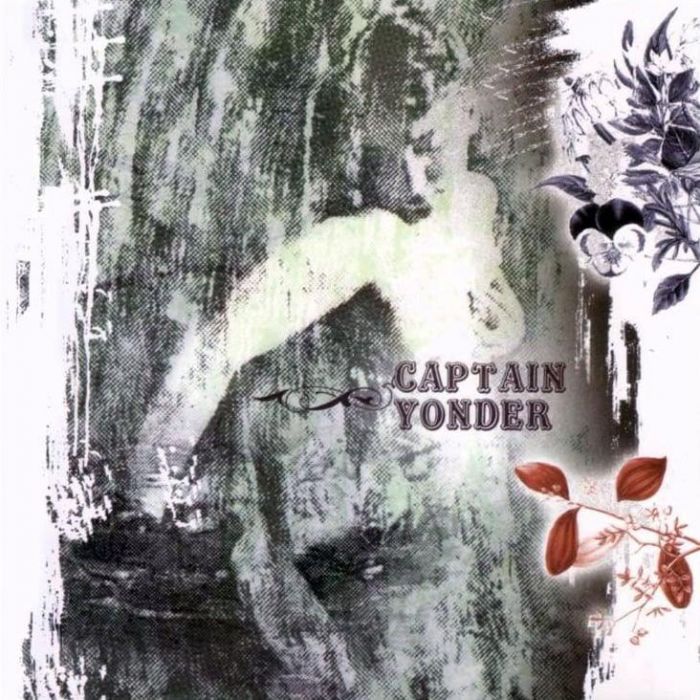Captain Yonder by Captain Yonder (Review)

It’s 2006, and the spirit of the good Captain still lives on in this, the third release by his musical protege, Ryan S. Pfeiffer. To be honest, I often wonder just how seriously I should be taking the music of Captain Yonder (the band, that is). There’s something about it that feels largely tongue-in-cheek. Which is due in large part, I suppose, to the rather questionable nature of their namesake and his various adventures. Which, if true, would supply enough material for 10 albums’ worth of material.
But perhaps that quandary is why I find the band’s music as enjoyable as I do. There’s none of the fire and brimstone one might find in Woven Hand, nor any of the rustic, antiquated sounds of Pfeiffer’s other potential contemporaries (Lilium, Knife In The Water). There is, however, a certain tongue-in-cheek quality to the music as Pfeiffer and his cohorts sing odes to heartache, apocalypse, and Poseidon.
Captain Yonder are at their best when Pfeiffer and Co. are busy drumming up a rollicking number. As much as I love “Soon I Will Sail,” Pfeiffer’s tale of shipwreck and longing, my fave track has to be “The Barge Song,” which closes out the album on a drunken swagger. And I do, indeed, mean “drunken”; Pfeiffer is joined by a choir of rowdy voices that sound as if a jug of moonshine (or three) have been making the rounds.
The slower numbers, however, begin to fall a little flat after repeated listenings. Part of that is due to the songs’ stripped down nature, which relies primarily on acoustic guitar. Other instruments (lonesome harmonica, scattered percussion, glockenspiel, cello) pop up here and there, but the palette remains spartan throughout the disc. The sparseness does give the songs a stark, intimate feel at times, but the simplistic nature also works against them much of the time.
It could just be my predilection for atmospherica talking here, but I wouldn’t mind hearing the band incorporate the sort of wheeze and drone that enriches Timesbold’s music, or some graceful lap steel à la Knife In the Water. Something as seemingly trivial as the crow’s caw that bookends “From the Leaves” gives that song a certain presence that’s lacking from much of the disc. Given the fact that the album was recorded in a renovated cathedral, one would expect that it would feature a church’s wonderful natural reverb and echo bringing space into the songs. But such is not the case.
The slower numbers’ other weak spot lies in Pfeiffer’s voice. There is a certain wryness to his flat, dry vocals (again, I think of Knife In the Water), which works well with the music’s cheekier side, but his voice is, well, flat and dry. His baritone can be haunting at times, especially when pining away on songs such as “From the Leaves,” “Hey-Away-Ho,” or “Soon I Will Sail.” But even on those tracks, it feels at times like he’s straining for a twang, grit, and/or world-weariness that he doesn’t quite possess and which Captain Yonder’s folk/country-influenced music seems to require by its very nature.